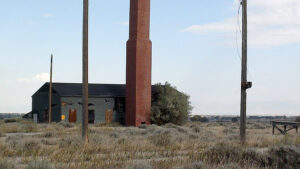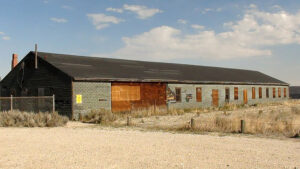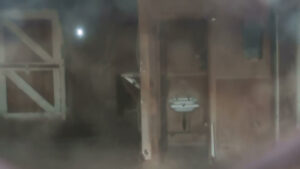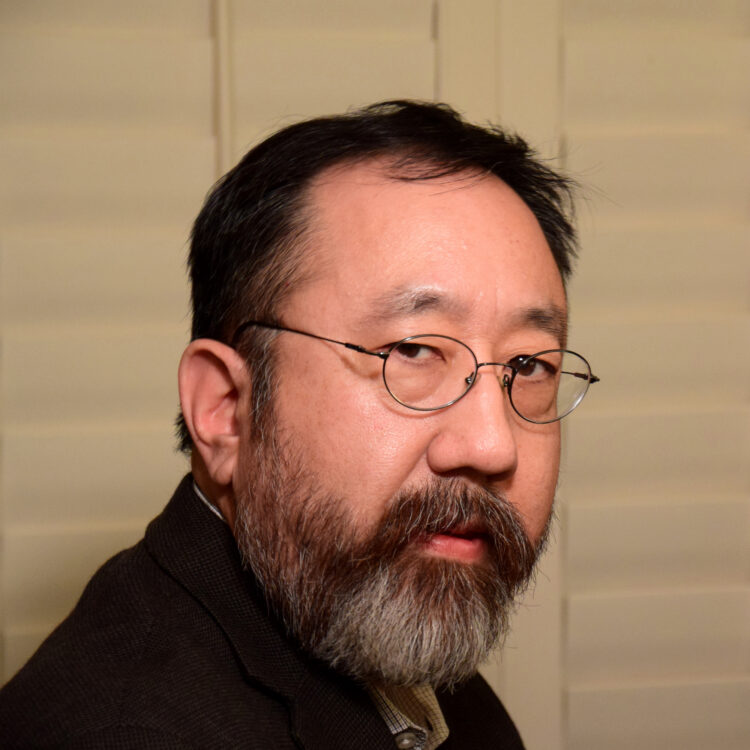
Steven Kazuo Takasugi
Waban, MA
Steven Kazuo Takasugi is a composer of electro-acoustic music as applied to a music theater performed by musicians themselves. This first involves the collecting and archiving of recorded, acoustic sound samples into large databases. These are then subject to computer-assisted, algorithmic composition, revised and adjusted until the resulting emergent sound phenomena, energies, and relationships reveal hidden meanings and contexts to the composer. These are then transcribed using various digital and data analysis tools into music notation and staged, theatrically expressive, gestures choreographed for professionally trained musicians. This relationship often creates a “strange doubling,” playing off the “who is doing what?” inherent with simultaneous live and recorded media—a ventriloquism effect of sorts. The music then becomes both programmatic and representational to accommodate a social and political message about fluid identities in a time and context of cultural crisis. Takasugi received his doctorate in music composition at the University of California, San Diego. He was a Yaddo, MacDowell, Civitella Ranieri, Guggenheim, and Radcliffe Institute Fellow. He was awardee of the Ernst von Siemens Foundation in Germany and the Japan Foundation Artist Residency Program in Tokyo. He is an Associate of the Music Department at Harvard University.
Photo: Zvia Fridman
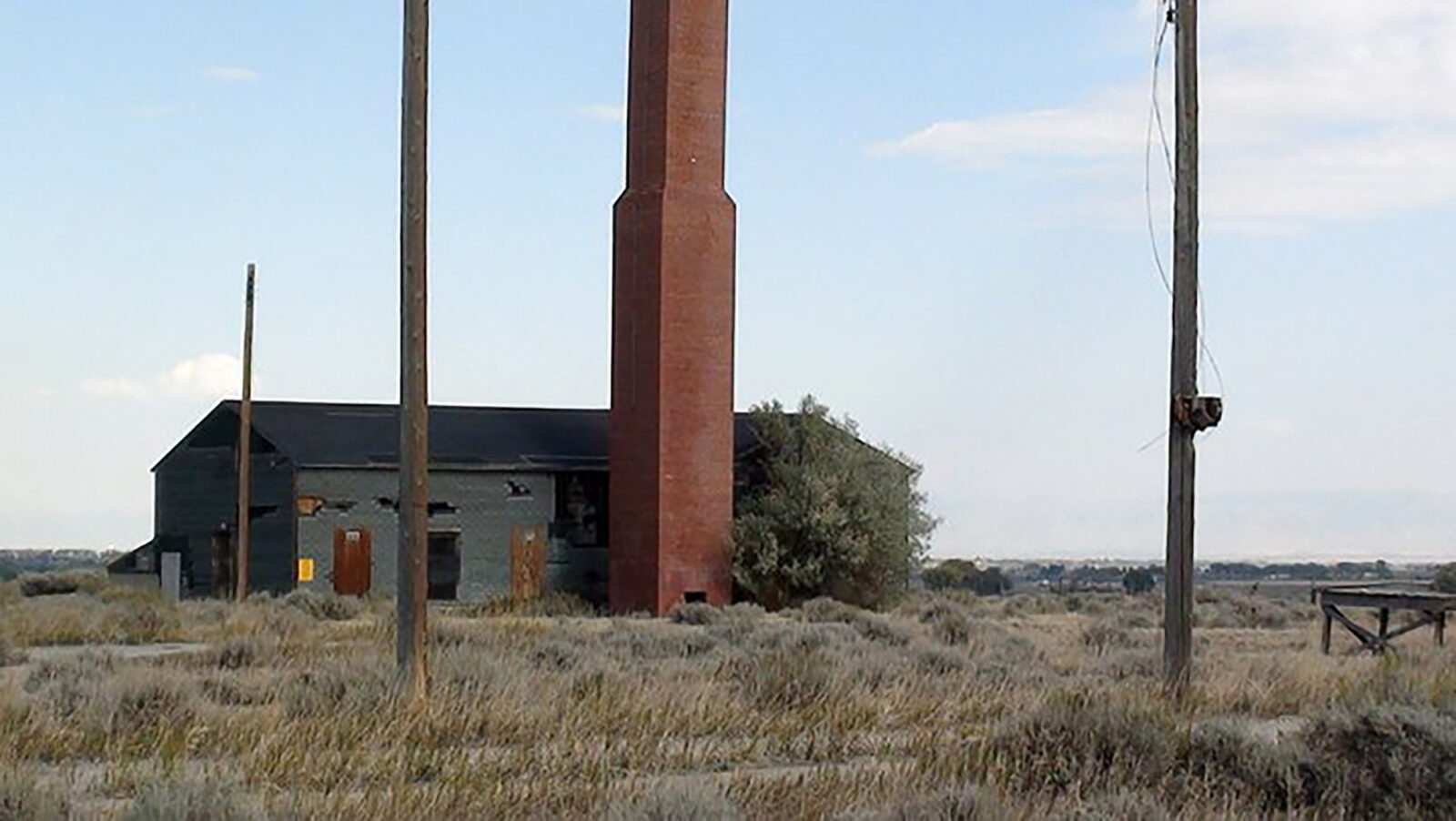



R.S. in Cody: Heart Mountain by Steven Kazuo Takasugi.
R.S. in Cody: Heart Mountain by Steven Kazuo Takasugi.
R.S. in Cody: Heart Mountain by Steven Kazuo Takasugi.
Steven Kazuo Takasugi, "Sideshow" (2009-2015)
Steven Kazuo Takasugi, "Das Fliegenpapier/The Flypaper"
"Die Klavierübung, Mvt I, Live Version" by Steven Kazuo Takasugi, performed by Mark Knoop, 2015.
London Premiere of Steven Kazuo Takasugi's "Strange Autumn," 2003.
R.S. in Cody: Heart Mountain
Steven Kazuo Takasugi is a composer of electro-acoustic music as applied to a music theater performed by musicians themselves.
Artist BioR.S. in Cody: Heart Mountain is an evening-long work for music theater whose subject involves the fluidity and malleability of identities in the light and shadow of Japanese-American Internment during World War II. Inspired by the personal story of Takasugi’s family, who were incarcerated in US concentration camps after the attack on Pearl Harbor, the work engages with the complex, ambivalent struggles of assimilation, resistance, loyalty, conformity, and social ostracization.
